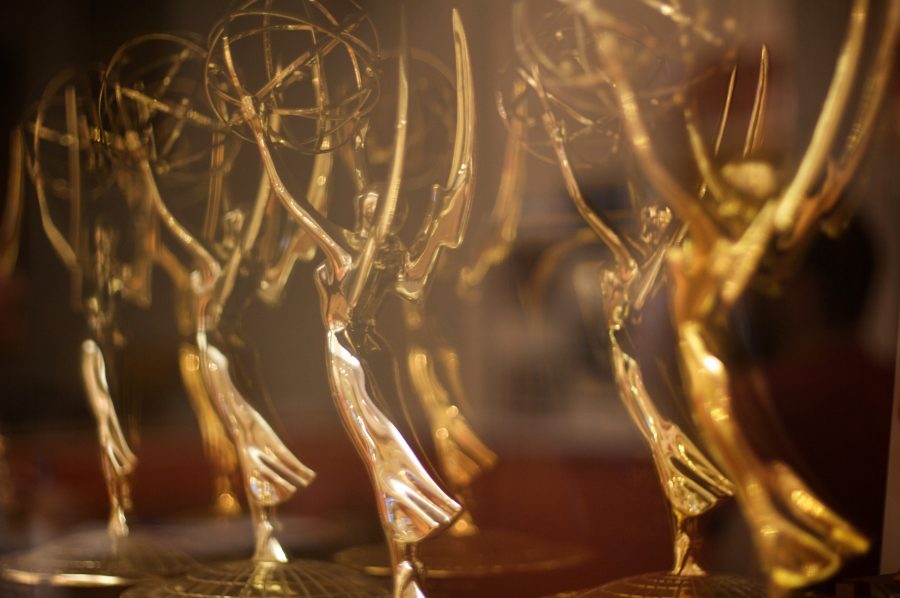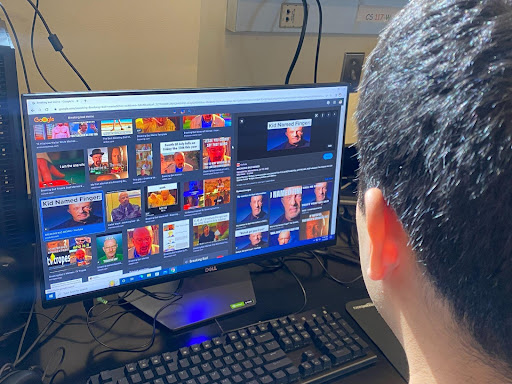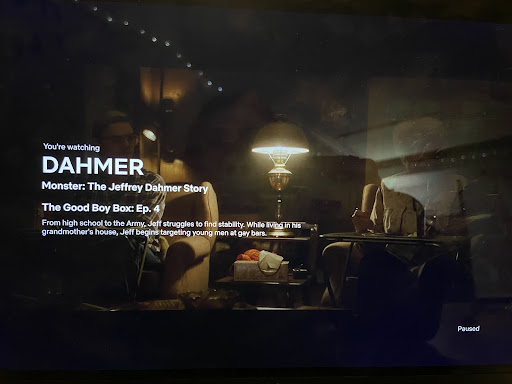“This will be the largest audience to witness an Emmy’s, period!” exclaimed former White House Press Secretary Sean Spicer in the opening of the 69th annual Primetime Emmy Award Ceremony on Sept. 16, which celebrates the best in nighttime television.
The surprise guest crashed the opening monologue of host Stephen Colbert with a moving White House press briefing podium, much like the humorous Melissa McCarthy Saturday Night Live portrayal. At the end of the bit, Colbert even quipped, “Melissa McCarthy everybody! Give it up!”
This moment certainly set the mood for the energetic night. The TV industry, including the actors, writers, producers, and others involved in it, are in a reflective state of post-Trump America. The divided state of politics in the country and the world indeed is informing much of television today, such as “American Horror Story: Cult.”
Some of the biggest winners shared that reflective state of mind. Multiple award winner of the night Donald Glover, who won for Outstanding Lead Actor in a Comedy Series in his hit show “Atlanta,” thanked Trump for “making black people No. 1 on the most depressed list… he’s the reason I’m probably up here.”
Later, when “Master of None” co-stars Aziz Ansari and Lena Waithe won for Outstanding Writing for a Comedy Series, Waithe championed her LGBTQ community in her speech. “The things that make us different, those are our superpowers,” she said.
Waithe was also recognized as being the first African American woman to win in this category.
While African American representation is still in the minority (Dave Chapelle joked that “I am truly amazed how many black people are here… I counted 11 on the monitor”), the ceremony seems to be headed in the right direction in terms of supporting diversity in TV. With a young, animated African American announcer taking over the traditional “old Hollywood” voice, the Academy showed that they are open to change.
Colbert’s signature dose of topical humor from “Late Night with Stephen Colbert” translated into a hosting style that only he could pull off. Before the Spicer bit, Colbert opened the Emmy’s with an original number called “Everything Is Better on TV.” The song conveyed the sense that television is giving comfort to viewers at a time when reality is uncomfortable. “Even treason is better on TV!” sang Colbert to much laughter from the audience. Shows featured in the number included “This Is Us” and “Stranger Things.”
Other big winners of the night were “SNL” and “Veep” on the comedy front, and “The Handmaid’s Tale” and “Big Little Lies” for dramas. If unfamiliar with a show, viewers were encouraged through touching speeches or memorable clips to seek them out. (Well, at least this writer’s personal watch-list grew exponentially as the night went on.)
In one of those instances, Reese Witherspoon, accepting an award with the cast of “Big Little Lies,” pleaded: “Bring women to the front of their stories and make them the hero of their own stories.”
If the so-called “Golden Age of Television,” is upon us, then, at least from the perspective of the Academy, that gold is the striving for diversity. This means diversity of race, orientation, gender, identity, ideas, and perspectives, and shaping them into powerful stories that relate not only to a nation, but to humanity as a whole.
Photo Courtesy of Jesse Garrison














































































































Anonymous • Sep 21, 2017 at 9:43 pm
5
Anonymous • Sep 21, 2017 at 9:40 pm
2